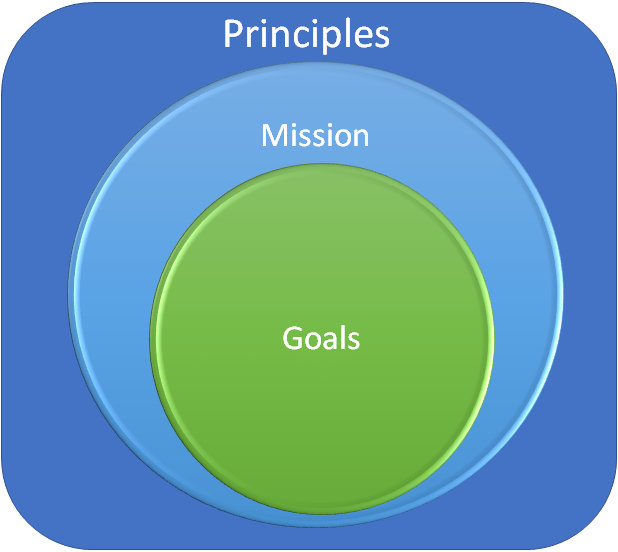We learn a lot about change as we age. We’re told change is a constant, which seems like both an oxymoron and a truism. We are told that persistent change is difficult, particularly regarding habitual behaviours. The fact is, we are all in a constant state of change whether we acknowledge it to ourselves or not.
A few people have asked me recently, “When do I know it’s time to make a change?” In this post, I propose some criteria that I hope you will find relevant.
Continue reading “It might be time to make a change”
 Peter Drucker writes in his book that doing the right thing is one of the primary attributes of the “
Peter Drucker writes in his book that doing the right thing is one of the primary attributes of the “